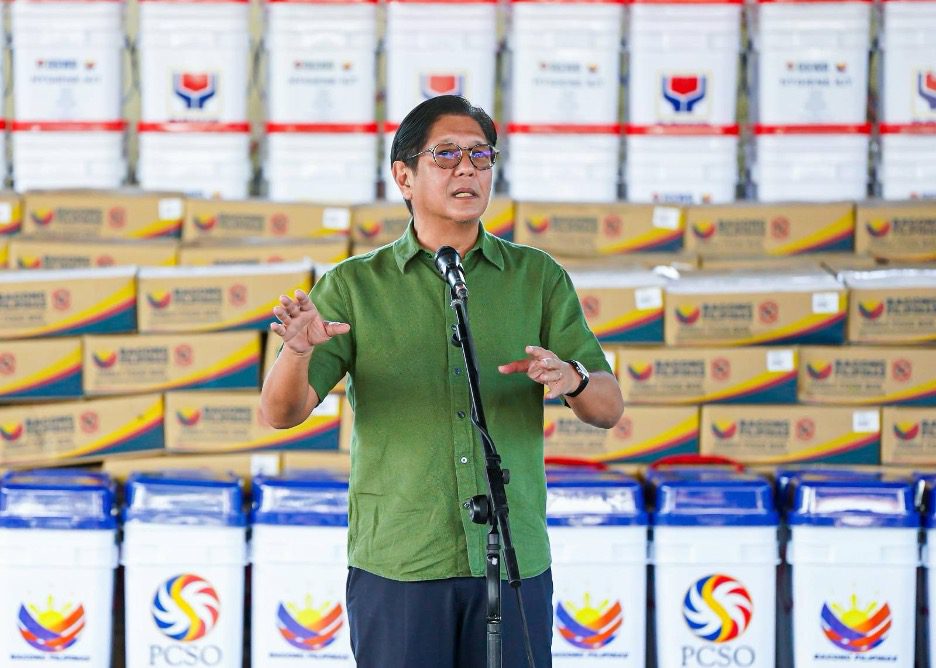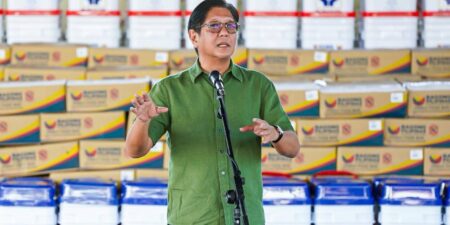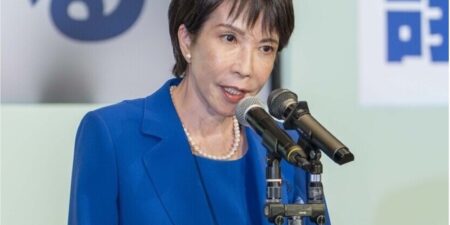The BGA Philippines team, led by Managing Director Victor Andres Manhit, wrote an update on the Marcos administration’s new initiatives to curb corruption.
Context
- Corruption in infrastructure programs continues to undermine development in the Philippines, with recent scrutiny centered on flood-control projects. In his state of the nation address in July, President Ferdinand Marcos Jr. underscored persistent irregularities and directed the Department of Public Works and Highways to audit all flood-control projects from the past three years. This review aims to strengthen accountability and ensure that public funds are used effectively.
- The issue of “ghost projects” — infrastructure reported as completed but either nonexistent or substandard — illustrates the systemic misuse of resources. These schemes not only waste billions of pesos but also deepen poverty, inequality and economic instability. The consequences are felt most by ordinary Filipinos, who face recurring floods, damaged property and lost livelihoods due to inadequate infrastructure. This systemic issue undermines trust in governance and stalls economic progress.
- Public outrage peaked September 21 when tens of thousands of demonstrators flooded the streets of Manila in a sweeping anti-corruption protest. While the majority of the rally remained peaceful, isolated clashes between protesters and police led to acts of vandalism, over 100 reported injuries and hundreds of arrests. Authorities restored order by the following day, but public anger continues to simmer beneath the surface. Recent calls from retired generals urging the military to withdraw support from the Marcos administration have been dismissed by the army chief, yet they highlight the growing fragility of the political landscape.
Significance
- The September 21 protests across the Philippines highlighted the country’s collective outrage against corruption and authoritarianism. Held on the anniversary of martial law, declared in 1972, demonstrations underscored public frustration with systemic failures that have allowed corruption to persist, particularly in flood-control projects. The convergence of diverse groups — students, labor unions, civil society organizations and ordinary citizens — at sites such as Rizal Park, the People Power Monument and Liwasang Bonifacio strongly voiced a shared demand for accountability and transparency in governance.
- The fragmented nature of the movement, with competing political loyalties and priorities, exposed challenges in uniting against entrenched corruption. At Luneta and the People Power Monument, the demonstrations were largely peaceful and centered on multi-sectoral demands, including transparency, environmental protection and fair wages. In contrast, the rally at Liwasang Bonifacio, led by pro-Duterte supporters, took a more aggressive stance, focusing on corruption allegations against President Marcos Jr.
- The protests highlight the enduring impact of Duterte’s administration, which weakened democratic checks and enabled corruption. The concentration of power and lack of institutionalized transparency underscore the urgent need for systemic reforms to restore accountability and strengthen governance.
- Key reforms called for by protestors include strengthening anti-corruption institutions, ensuring transparency in public spending, fostering accountability and upholding democratic principles such as freedom of speech, the rule of law and human rights protection.
- Systemic corruption in flood-control projects exposes the urgent need for reforms that strengthen institutions, curb patronage politics and promote inclusive governance. Ghost projects and misused funds betray public trust, divert resources from disaster protection and. Corruption in flood-control projects has drained billions of pesos, eroded public trust and left communities vulnerable to recurring floods and financial hardship. Every peso lost to ghost projects undermines jobs, infrastructure and growth. Systemic reforms such as lifestyle checks, blacklisting corrupt contractors, leveraging technology and strengthening oversight mechanisms are urgently needed to restore accountability and rebuild resilience.
Implications
- The economic and social costs of corruption highlight the urgency of governance reforms. Strengthening oversight mechanisms, increasing transparency in procurement and institutionalizing independent audits are critical to restoring accountability. Inclusive governance — where civil society, media and citizens play active roles in monitoring — can help reduce opportunities for abuse.
- Addressing corruption sustainably will require systemic reforms with active citizen participation. By ensuring transparent infrastructure delivery and promoting inclusive oversight, the Philippines can rebuild public trust, improve disaster resilience and advance equitable economic growth. Importantly, tackling corruption also reinforces the country’s credibility with foreign investors, who view transparent governance as essential for long-term stability and investment security.
We will continue to keep you updated on developments in the Philippines as they occur. If you have any questions or comments, please contact BGA Philippines Managing Director Victor Andres Manhit at vmanhit@bowergroupasia.com.
Best regards,
BGA Philippines Team

Managing Director
Dindo is recognized as one of Manila’s most well-connected and savvy advisors on developments in government and business in the Philippines. Concurrent to his role as managing director for BGA’s operations in the Philippines, he is also the founder and managing director of the Stratbase Group and president of its policy think tank, the Albert del Rosario Institute for Strategic and International Studies. Since 1991, Dindo has served as a member of the faculty and is the former chair of the Political Science Department and a senior fellow of the La Salle Institute of Governance at the De La Salle ...
Read More


























